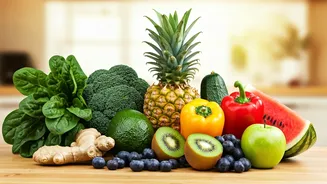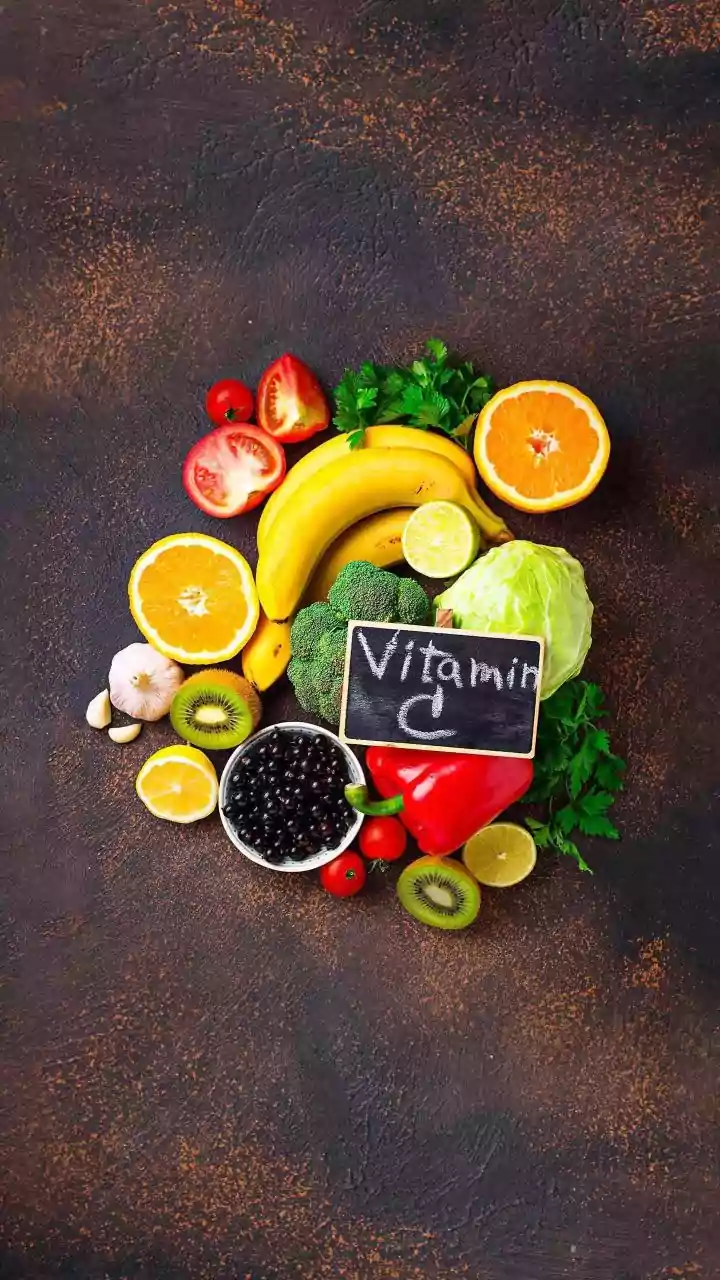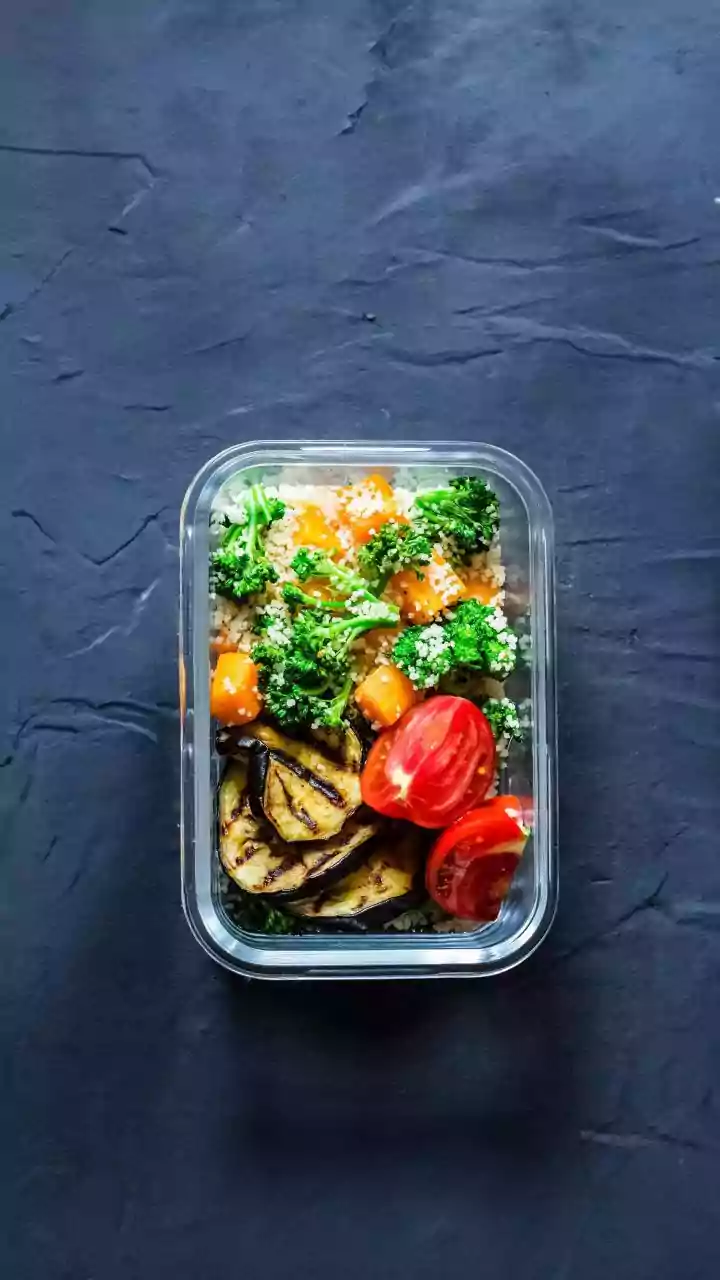Embrace Fiber-Rich Foods
Fiber is a critical component of a healthy diet, especially when aiming to reduce bloating. Foods rich in soluble fiber, such as oats, chia seeds, and
certain fruits, act like sponges, absorbing excess water in the digestive system. This can soften stools and prevent constipation, which often contributes to bloating and discomfort. Insoluble fiber, found in whole grains and vegetables, adds bulk to the stool, promoting regular bowel movements. However, it's essential to gradually increase your fiber intake to avoid causing gas and bloating. Drink plenty of water to aid the fiber's effectiveness, making sure the fiber moves smoothly through your digestive tract and does not exacerbate issues like constipation.
Hydrate Your System
Adequate hydration is crucial for optimal gut health and significantly impacts bloating. Water helps in the digestive process by softening stools and allowing the digestive system to function correctly. When dehydrated, the body may try to conserve water by pulling it from the colon, leading to hardened stools and constipation, subsequently resulting in bloating. Drinking enough water can prevent this. Aim to drink sufficient water throughout the day, and increase your intake, particularly with meals, to help digest fiber and other foods efficiently. Besides water, herbal teas like peppermint or ginger tea can also assist in reducing bloating due to their natural properties. Proper hydration ensures that your gut remains balanced and operates at its best.
Probiotic-Rich Powerhouses
Probiotics, the beneficial bacteria that inhabit your gut, are vital for maintaining a healthy digestive system. Consuming probiotic-rich foods such as yogurt with live and active cultures, kefir, and fermented vegetables like sauerkraut introduces these helpful bacteria into your gut. Probiotics aid in balancing the gut microbiome, which can be disrupted by factors like poor diet, stress, and medications. They help in breaking down food, reducing gas production, and promoting regular bowel movements. Furthermore, probiotics can reduce inflammation and improve the gut's overall environment. Consistently incorporating these foods into your diet supports a healthier gut and reduced bloating.
Ginger's Digestive Aid
Ginger is well-known for its ability to soothe the digestive system and alleviate bloating. This root contains gingerol, a compound with potent anti-inflammatory and antioxidant properties. Ginger can help speed up digestion and ease stomach cramping, reducing gas production. You can consume ginger in various ways, including fresh ginger in tea, adding it to your meals, or taking ginger supplements. Including ginger in your daily routine can help prevent bloating and enhance overall gut health. Ginger is a practical, natural remedy to consider if you often struggle with bloating and digestive discomfort. It is readily available and easy to include in your diet.
Peppermint's Calming Effect
Peppermint has been used for centuries to soothe digestive issues, especially bloating. The menthol in peppermint relaxes the muscles in the digestive tract, which helps reduce cramping and gas. Peppermint oil, often consumed in capsule form, can be particularly effective for relieving symptoms of Irritable Bowel Syndrome (IBS), including bloating and abdominal pain. You can also drink peppermint tea after meals to aid digestion and reduce discomfort. Peppermint provides a natural and effective way to manage bloating, providing gentle relief. This can be particularly useful when consumed after eating meals that tend to trigger digestive issues.
Fennel Seeds for Relief
Fennel seeds are another natural remedy for bloating, traditionally used in many cultures to aid digestion. These seeds contain compounds that help to relax the intestinal muscles, which reduces gas and bloating. They also promote the production of digestive enzymes, which helps break down food more effectively. Chewing fennel seeds after meals is a simple and effective way to prevent and relieve bloating. You can also prepare fennel seed tea by steeping the seeds in hot water. Fennel seeds are a tasty and effective way to maintain digestive wellness and combat bloating in a natural manner. They are easily accessible and simple to include in your everyday routines.
Lemon's Digestive Boost
Lemon juice can improve digestion and reduce bloating, largely due to its acidity. It stimulates the production of digestive juices, which helps in breaking down food and easing digestion. Drinking warm water with lemon before meals can help prepare your digestive system. The citric acid in lemons also acts as a diuretic, helping to reduce water retention, which can sometimes contribute to bloating. While lemon juice is generally safe, it's wise to be cautious if you have acid reflux or sensitive teeth. For most people, incorporating lemon into their diet is an easy and effective way to promote digestive health and alleviate bloating.
Olive Oil for Gut Health
Olive oil is more than just a culinary staple; it plays a role in gut health and can indirectly help reduce bloating. High-quality olive oil, especially extra virgin olive oil, contains healthy fats that help to lubricate the digestive tract, facilitating smoother bowel movements and reducing constipation. Constipation is a common cause of bloating. Olive oil also has anti-inflammatory properties that can support the gut microbiome. While it doesn't directly address gas, olive oil helps maintain a healthy gut environment that supports optimal digestive function. Use it in salads, cooking, or drizzle it over meals to incorporate it into your diet and promote digestive health.
Turmeric's Anti-Inflammatory Action
Turmeric, with its active compound curcumin, is a powerful anti-inflammatory spice that may help in relieving bloating. Curcumin can reduce inflammation in the gut, which is often associated with digestive discomfort and gas. It also supports the production of digestive enzymes. Consuming turmeric in meals, smoothies, or taking turmeric supplements can help alleviate bloating. However, the bioavailability of curcumin is relatively low. Therefore, it's often combined with black pepper, which enhances absorption. Regular intake of turmeric can promote a healthier digestive environment and lessen the symptoms of bloating. It's an accessible and natural way to support gut health.
Avoid Common Culprits
Certain foods are notorious for causing gas and bloating. These include carbonated beverages, sugary treats, processed foods, and artificial sweeteners. These items can disrupt the digestive process and increase gas production. Eating quickly, chewing gum, and using straws can also contribute to the amount of air swallowed, which leads to bloating. It's advisable to limit or avoid these foods. Paying attention to your body's reactions can help identify which foods trigger your bloating. By modifying your diet and avoiding specific foods, you can significantly reduce bloating and improve overall digestive comfort.


















